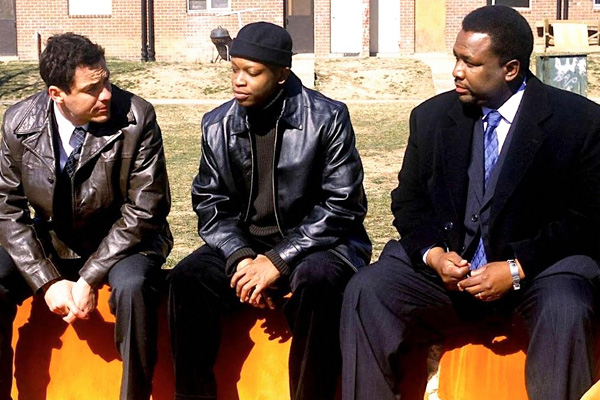LISTEN – LIFE IMITATES ART IMITATES LIFE –
June 18, 2021 – David Simon created two of TV’s most groundbreaking series about the failure of the war on drugs, set in the neighborhoods of Baltimore: HBO’s The Corner and The Wire.
Still, even as he allows that those shows — with their visceral look at the intersection of race, policing, violence and tragedy — may have helped people question five decades of failed drug policy, Simon says he remains a “cockeyed pessimist” on the question of whether the war will ever end.
The way most American TV shows depict that effort is a major reason why. This year marks the 50th anniversary of President Nixon’s declaration of a “War On Drugs”: a global strategy by the federal government to crack down on the illegal drug trade. (Critics suspected it was also an excuse to send law enforcement after groups critical of Nixon’s policies, especially antiwar liberals and Black people.)
To trace how scripted TV shows have impacted the public’s view of the war on drugs, I spoke to a range of people in the industry, from the executive producer of Miami Vice to the author of the book that inspired Netflix’s prison drama Orange Is the New Black. Most said they believed scripted TV shows had a serious and sometimes unrecognized impact on public attitudes, simply by encouraging audiences to empathize with some parts of the process, while keeping more troubling aspects firmly out of view. As a longtime, outspoken opponent of the aggressive arrest and imprisonment efforts central to the War on Drugs, the Emmy-winning TV producer David Simon sees two big problems with typical police dramas. First, he says, they depict situations where cops — however flawed or troubled — are society’s stalwart defense against lawless drug dealers and addicts. He calls that “The Thin Blue Line” narrative.



